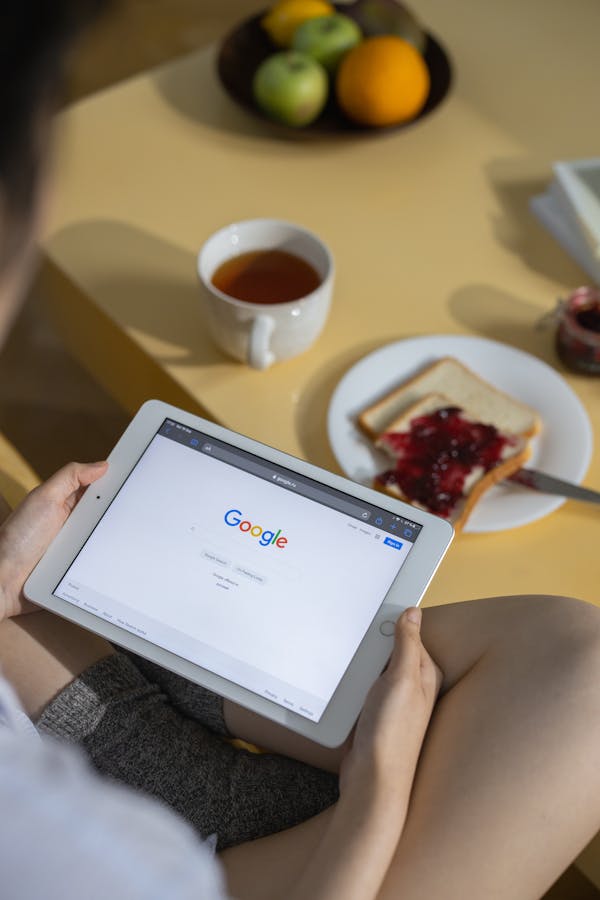Table of Contents
Is going mobile the solution to financial inclusion?
Financial inclusion is a big issue in South Africa, where 11 million people remain unbanked and outside of the formal economy. With extremely limited access to both financial services and financial education, many South Africans are unable to take charge of their finances and manage them effectively. This “double whammy” leaves many citizens vulnerable to poverty traps and unregulated lenders, without the expertise required to make savings and build a brighter financial future.
Although economic inequality is endemic in the country for many reasons, enhancing financial inclusion may be one important step towards tackling the wealth divide in the Rainbow Nation.
Mobile banking
Mobile phones may be an unlikely hero in this unfolding story. While many millions of citizens have little or no physical access to financial institutions and services, 20-22 million South Africans own a smartphone and 4G is now available across up to 90% of the country. These devices open up a world of financial services to individuals and communities across the nation, providing access to banking, saving, lending, investment opportunities and more.
Many financial services are now harnessing mobile technology to connect with consumers. In 2018 First National Bank (FNB) launched a mobile banking service which requires only a name and identity number to use, while mobile payment providers such as Zapper are increasingly making it possible for South Africans to go entirely cashless. With services like Virgin Money set to launch in South Africa any minute, mobile money is making waves at the moment.
New to mobile money? Don’t worry. New apps such as GeleZar now exist to help educate consumers about money matters via their smartphone screens.
Mobile borrowing
Mobile-accessible loan services are a particularly helpful step on the road to financial inclusion. Many individuals who are new to regulated financial services struggle to access finance products due to an absent credit history. Without a credit history, it’s difficult to access many forms of finance. This is because lenders check for patterns of responsible borrowing before approving loans. For would-be borrowers without a credit history, there is no evidence of timely repayment for lenders to review, making it difficult for businesses to assess an applicants’ suitability for a loan.
Services like Wonga allow consumers access to short-term credit products with an existing bank account, an SA ID number, a mobile phone number and a recent proof of income. Such services allow swift access to credit and the opportunity to begin building an official credit history.
Cashless society
Mobile finance may have an additional benefit to South African users – security. While physical cash can leave individuals and businesses vulnerable to criminal activity, mobile wallets and payment apps like SnapScan make it safer to pay for goods and services. If your phone is stolen, your money remains safe. For businesses, taking mobile payments instead of cash payment ensures no money is stored on the premises – reducing risk. Although this benefit may take time to roll out to more isolated communities, the upsides could bring big benefits.





